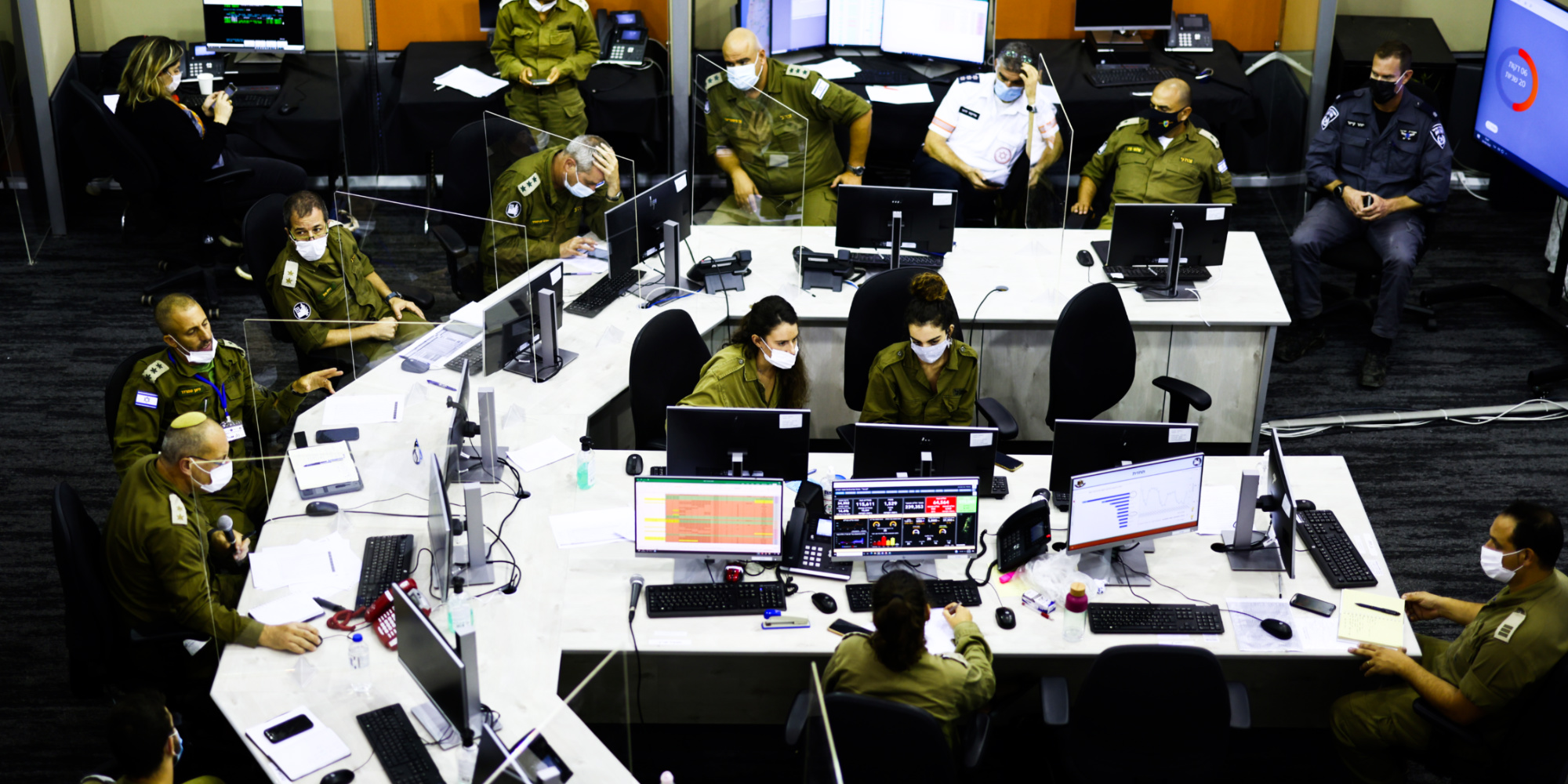Israel is one of the only developed countries to have decided to proceed with a re-containment, which could be extended until the end of October.
In many cities, the army is mobilized against the epidemic, but resistance to restrictions is numerous.
REPORTAGE
According to Benjamin Netanyahu, the confinement decided in Israel could be extended.
For the past week, restrictions have been tightened to cope with the resurgence of the coronavirus, with between 5,000 and 6,000 new cases per day.
The army has been deployed and reservists recalled, especially in the areas most affected.
These are often those where the Israeli Arab community and the ultra-Orthodox Jewish community live.
Europe 1 followed the particular fight of Tsahal, the Israeli army.
>> Find all the newspapers of the editorial staff of Europe 1 in replay and podcast here
An army pickup crisscrosses the Israeli Arab town of Tayibe, on the border with the West Bank.
Soldiers are at the wheel of the vehicle, but it is the voice of the imam which recalls the barrier gestures in the loudspeakers.
At the crossroads, Israeli soldiers distribute leaflets to remind them of the instructions.
The first of them?
Don't get married.
"Our biggest problem is marriages, because it creates a lot of sick people," said one soldier.
"At first people weren't listening, but since they were banned there have been fewer sick people over the past two weeks."
The Torah more than the State
In the town hall transformed into a command center, the figures do not yet encourage optimism.
Lieutenant-Colonel Rapaport examines a screen where Covid-19 cases are displayed in real time: "We have to know who is infected and we call each of them to isolate themselves, but it's hard ", he admits.
"We are putting a lot of effort into it and the cases are increasing."
There are other red zones in Israel, such as in Bnei Brak, where only ultra-Orthodox Jews live.
Here, the most radical scorn all instructions: "I had the virus but I do not respect the confinement", displays one of the inhabitants.
"We follow the rules of the Torah, not those of the state."
A senior officer is sorry: "What to do when the word of the authorities is worth nothing compared to that of the rabbis?"

